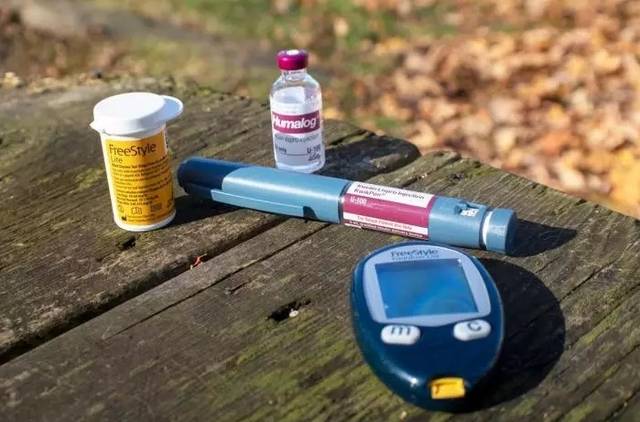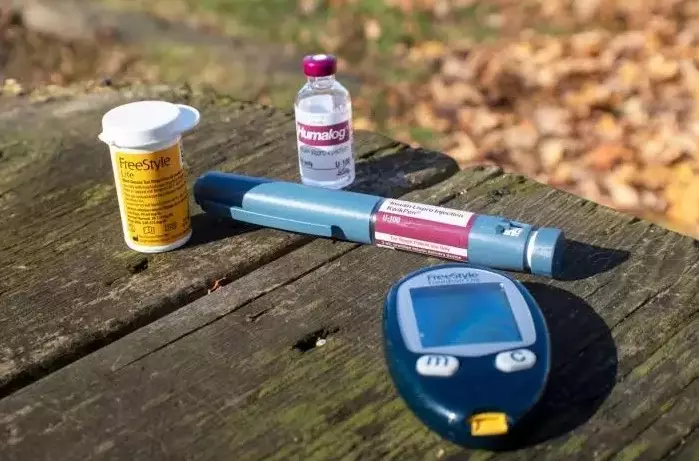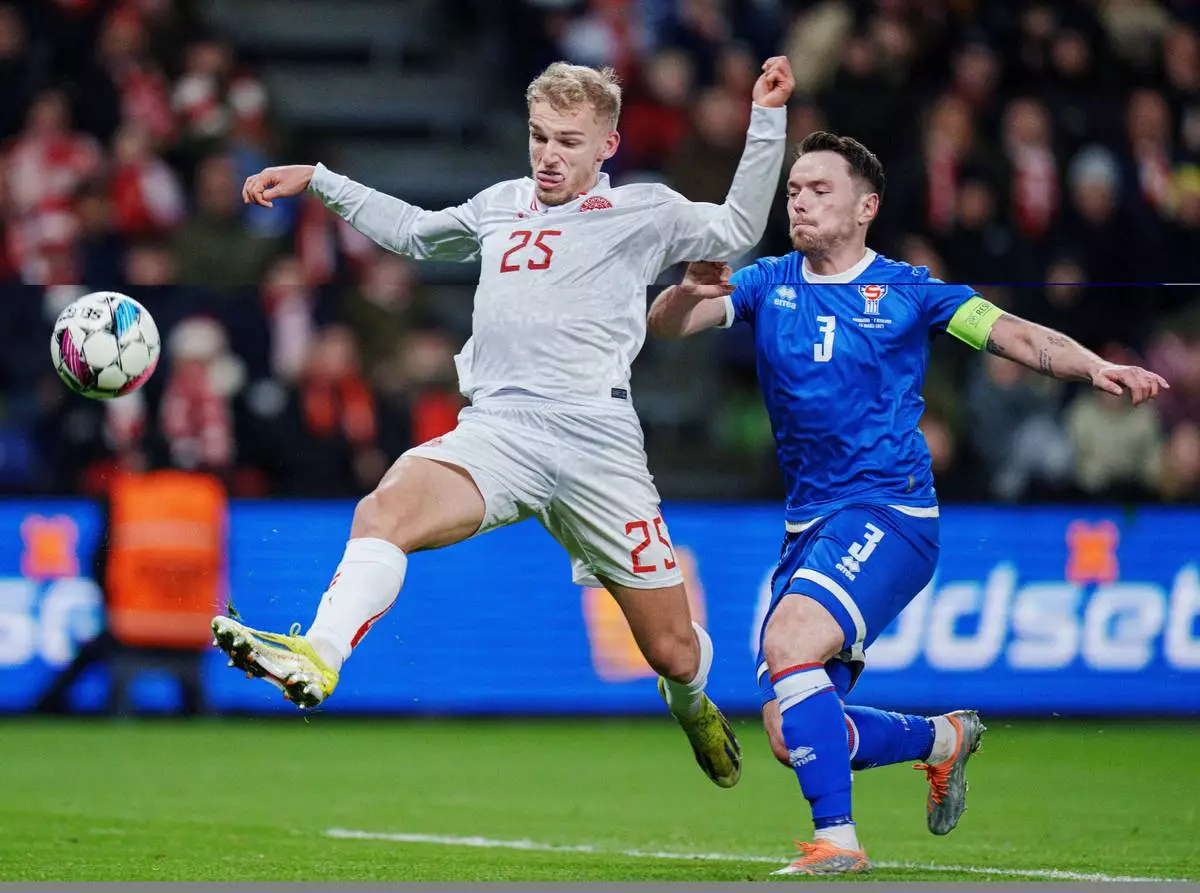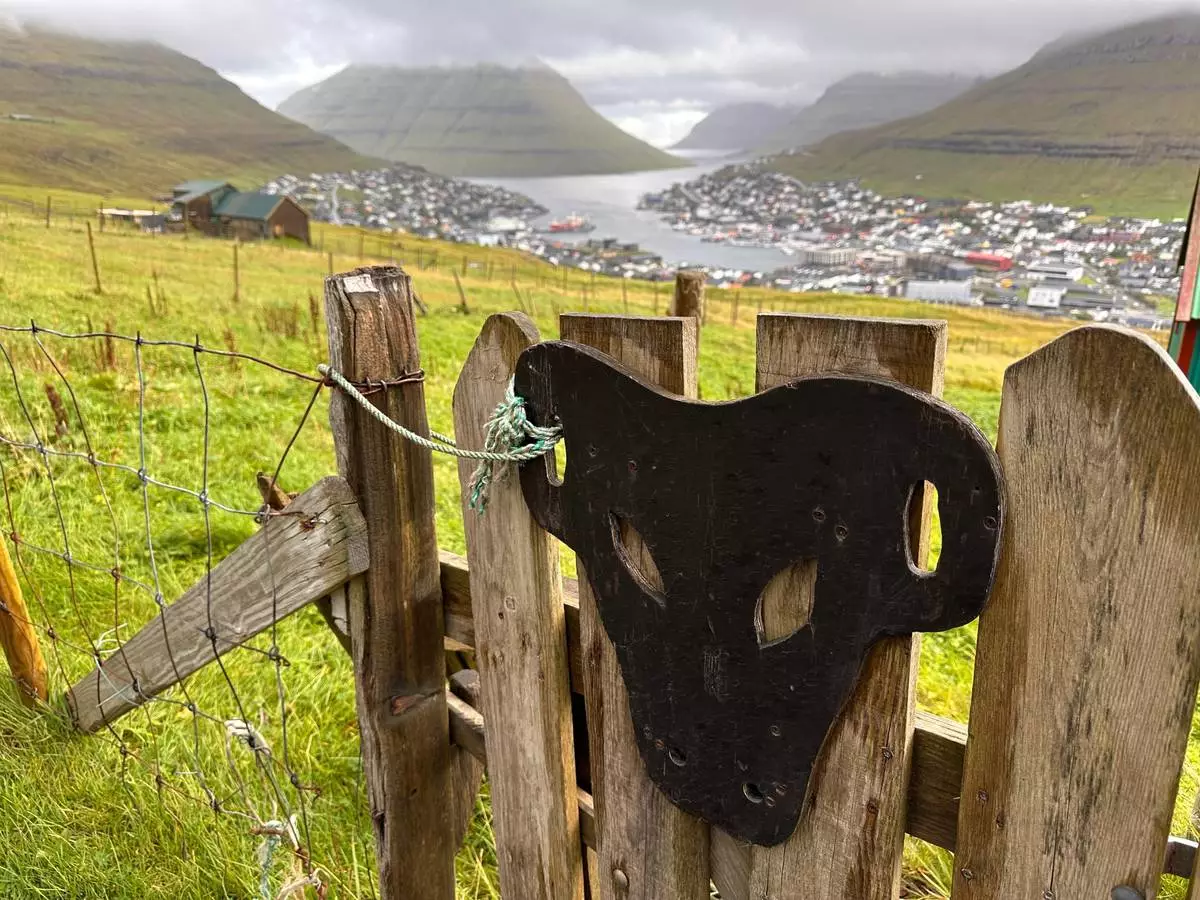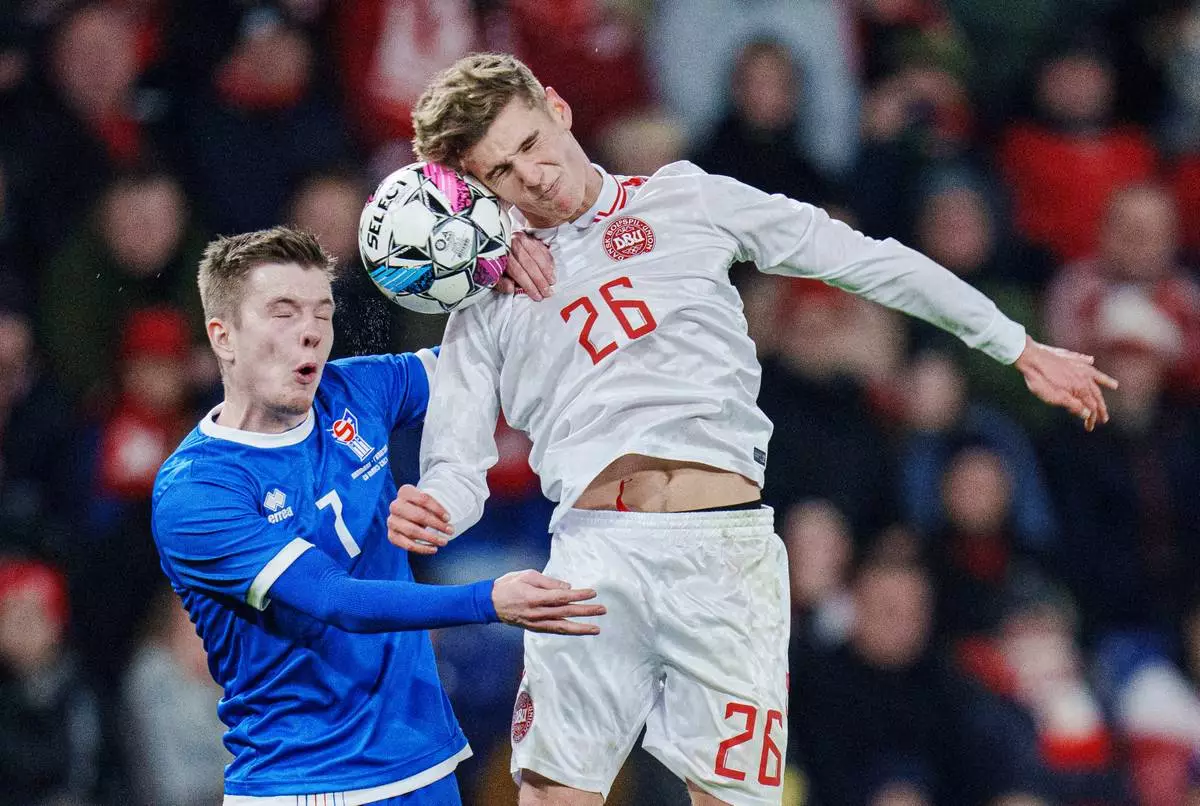In response to World Diabetes Day, the Department of Health calls on citizens to adopt a healthy lifestyle and put the appeal of “Early Precautions, Detection and Treatment” into effect to reduce the risk of developing diabetes and related complications.
Dr. Edwin Tsui, JP, the Controller of Centre for Health Protection. Photo source: Reference image from Information Services Department, HK
Dr. Edwin Tsui, JP, the Controller of Centre for Health Protection, pointed out that diabetes is a common chronic disease. If not properly controlled, it can lead to serious complications, including heart disease, stroke, kidney failure and blindness. One in every nine adults worldwide has diabetes. The 2020-2022 Population Health Survey conducted by the Department of Health shows that 8.5% of the non-hospitalized population aged 15 to 84 have diabetes or elevated blood sugar, which is similar to the figure of the 2014-2015 survey. The survey also shows that about one in every three patients is not aware of their own illness. According to the temporary survey data in 2024, 442 registered deaths are related to diabetes.
Diagrammatic photo, designed image
In 2023, Hong Kong released the three-year “Chronic Disease Co-Care Pilot Scheme”, funding Hong Kong residents aged 45 or above without a diagnosis of hypertension or diabetes to be paired with family doctors and receive the screening of diabetes and hypertension in the private healthcare market. Up to 15 October this year, more than 160,000 citizens have participated in the scheme, about 60% of whom have completed the screening. Among the participants, about 40% have entered the stage of accepting treatment, including those diagnosed with hyperglycemia, or those with diabetes, hypertension, or hyperlipidemia.
With a population of 55,000, a coach who writes crime novels and a squad of part-time players, tiny Faroe Islands has a stunning shot at qualifying for the World Cup.
The odds are still stacked against the team ranked 127th by FIFA. But it has defied the odds to be in contention.
Even beating mighty Croatia on Friday in its last group qualifier would not guarantee a place in the playoffs for next year’s tournament. For that, the Faroe Islands must also better the other group result of second-placed Czech Republic, which plays last-placed Gibraltar.
Nonetheless, this is unchartered territory for a nation that used to be routinely rolled over by European rivals. An unlikely run of wins has fired belief it could be about to achieve what was once unthinkable.
“We are Faroese. Shaped by the wind. Beaten by the storms. Softened by the rain. We do not back down from great challenges or adversity.”
Coach Eydun Klakstein, who writes crime thrillers and is a journalist, wrote those words in a letter entitled “Against the wind, against the odds.”
“Sometimes people say that we Faroese should be realistic about our size and our possibilities,” Klakstein said. “But if we ourselves had thought like that we would never have had the strong society we have here in the Atlantic Ocean. We would not have our language, our culture, our land.”
The Faroe Islands is a land area of 540 square miles (1,400 square kilometers) — a little bigger than Los Angeles — halfway between Scotland and Iceland, and has never qualified for a major tournament. At its lowest point it was ranked 198th.
When Klakstein took charge he said he and his coaching team tried to find the “innermost core of the Faroese spirit.”
His team beat the Czech Republic 2-1 last month – one of four wins from its last five games in qualifying. It is third in the group, four points behind Croatia and one point behind the Czechs with one game remaining. The second-placed team advances to the playoffs for the World Cup co-hosted by the United States, Canada and Mexico.
By comparison, in qualifying for the 2022 World Cup, the Faroe Islands lost eight of its 10 games. In the campaign for the 1994 finals in the U.S. it lost all 10.
Improvement has been the result of a deliberate drive to raise standards from the youth levels.
“We are a very volunteer-based football society,” Christina Ravnsfjall, grassroots co-ordinator for the Faroe Islands Football Federation, told The Associated Press. “All coaches of children are often parents who have been playing football and they just started with nothing.”
Ravnsfjall said there has been a push to get those parents coaching qualifications.
“Those who are involved now are more informed than 10 years ago,” she said.
Belgium’s approach to youth development has been an inspiration.
“They’re not a big country but they’re considered good. They have top players,” Ravnsfjall said.
Faroese children play in three-on-three matches and there is a patient approach with players who may need longer to develop physically.
Improvements in the nation’s infrastructure have also helped, with tunnels linking its major islands, as opposed to the need previously to use ferries to cross the sea.
The weather is a challenge — especially high winds — but can be used for home advantage. Croatia managed only a narrow 1-0 win in the capital of Torshavn in September.
The win against the Czech Republic was also at the national stadium, which has 6,000 seats. Montenegro was routed 4-0 last month in Torshavn.
Another advantage, Ravnsfjall said, was the access to playing fields in the Faroe Islands, with even the stadiums of the top clubs open for all to play on.
“It’s usually said that every village has a church but every village also has a football pitch,” she said. “Everyone can go in and train, and they do that.
“In the national stadium, you can see in the mornings, kindergartens come, play a little and go.”
The best players leave the Faroe Islands’ 10-team, semi-professional Premier Division to play in countries like Denmark, Slovenia and Iceland. Midfielder Geza David Turi plays in England for fourth-tier Grimsby Town. The national squad includes a furniture salesman, a teacher and a carpenter.
It underlines just how remarkable its qualifying campaign has been even if, as expected, it misses out on the playoffs.
“I understand people from the outside, looking in at such a small country, asking the question, ‘How on earth is that kind of possible?’” Eli Hentze, the former assistant for the national team, told the AP. “But our players, our coaches are so used to facing far, far, far stronger opposition.
“That bravery, courage, and believing in ourselves, punching above our weight, is ingrained in the way we are … the team is confident that they can do something and that tells us a story that they have a belief which is not something that the brain has told us, but something coming from the heart.”
Hentze, who works in youth development for the national federation, said a win in Croatia — the 2018 World Cup finalist with Ballon d’Or winner Luka Modric — would go down in soccer history as “one of the biggest results ever.”
But to the Faroese fans, reputations don’t faze them.
“They just say go out and beat them,” Hentze said. “They don’t care about if we are inferior, just go out and win.”
James Robson is at https://x.com/jamesalanrobson
AP soccer: https://apnews.com/hub/soccer
FILE – The view from a hiking trail of the village of Tjornuvik, Faroe Islands, Sept. 9, 2025. (AP Photo/Cara Anna, File)
FILE – Denmark’s Gustav Isaksen and the Faroe Islands’ Viljormur Davidsen battle for the ball during an international friendly soccer at Broendby Stadium, Tuesday, March 26, 2024, in Copenhagen, Denmark. (Liselotte Sabroe/Ritzau Scanpix via AP, File)
FILE – The image of a sheep decorates a gate in Klaksvik, Faroe Islands, Sept. 10, 2025. (AP Photo/Cara Anna, File)
FILE – Denmark’s Elias Jelert, right, and the Faroe Islands’ Petur Knudsen battle for a head ball during an international friendly soccer at Broendby Stadium, Tuesday, March 26, 2024, in Copenhagen, Denmark. (Liselotte Sabroe/Ritzau Scanpix via AP, File)
